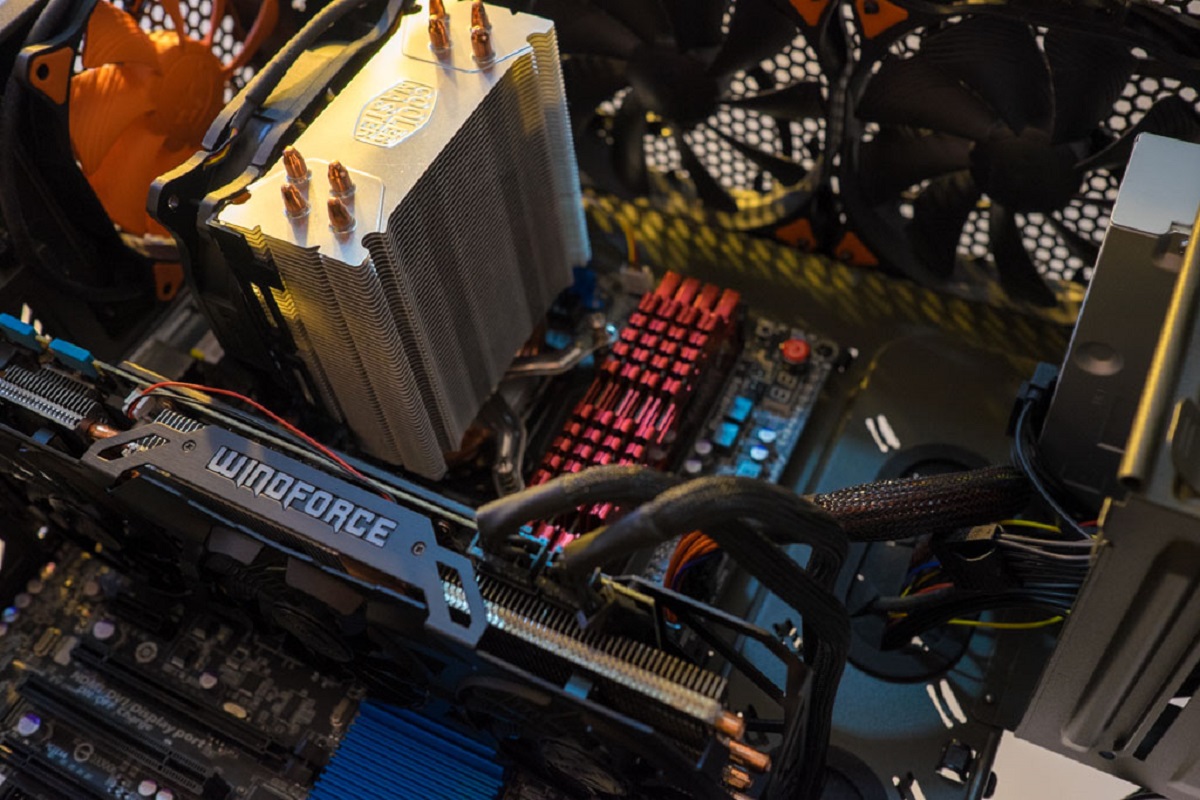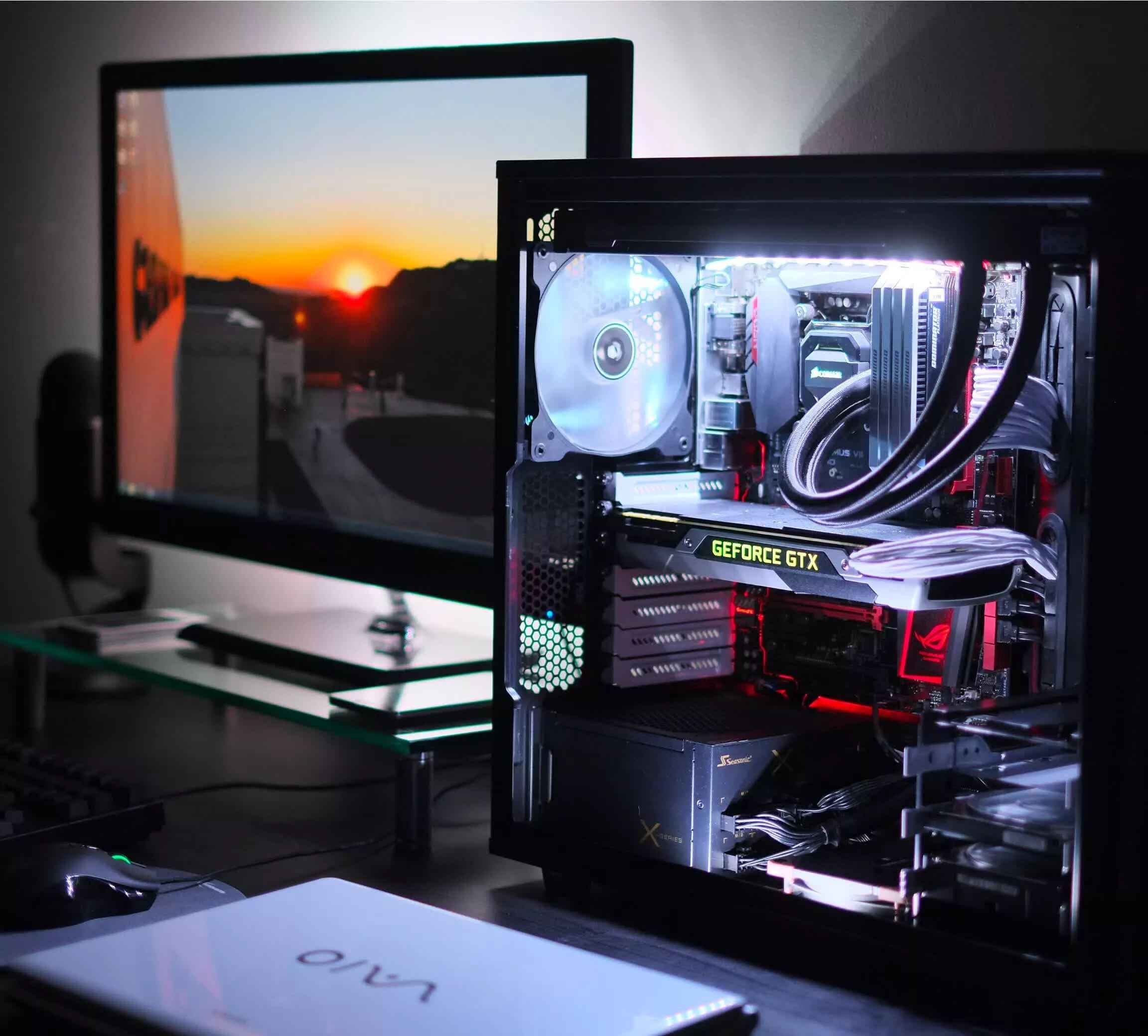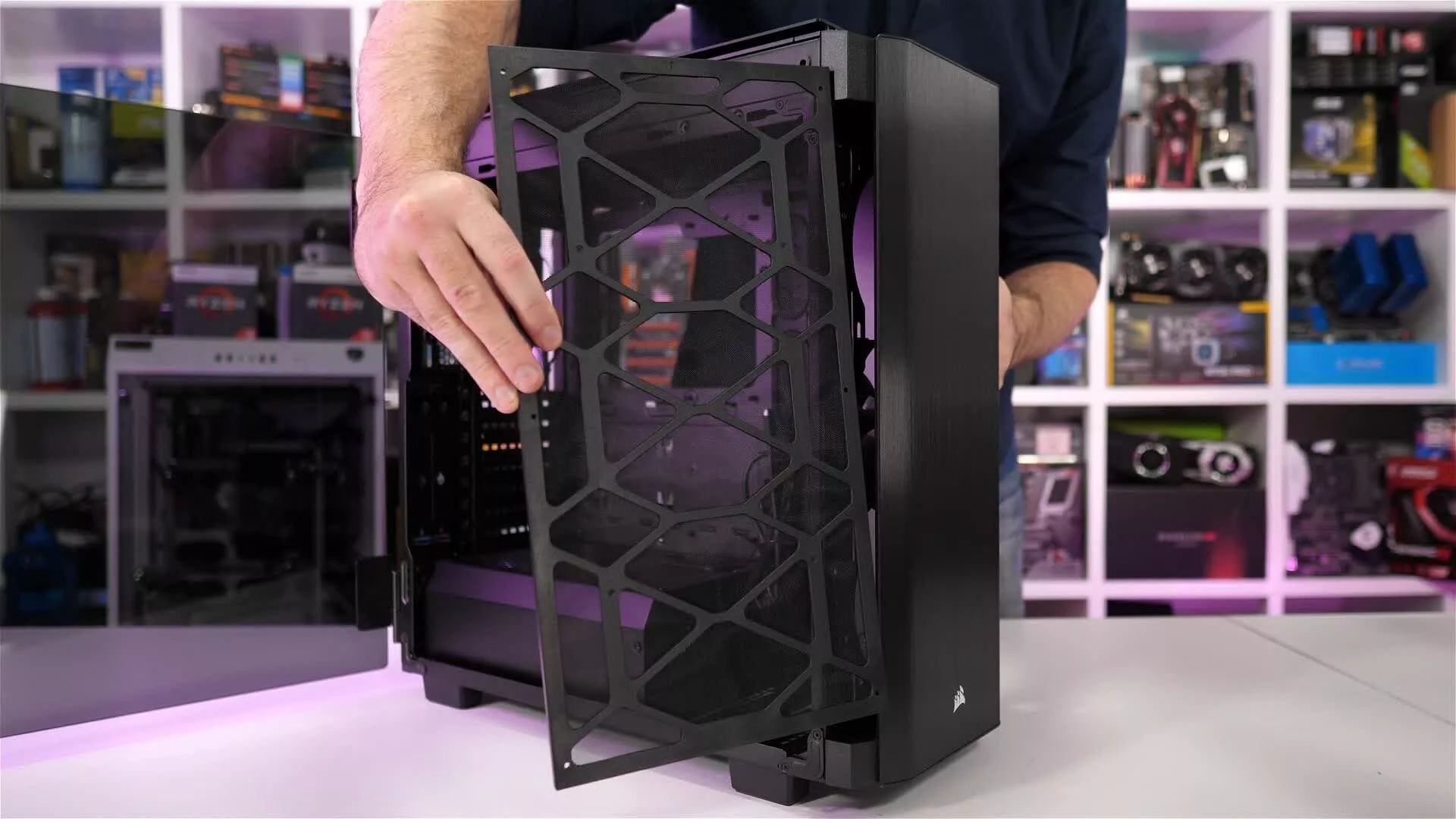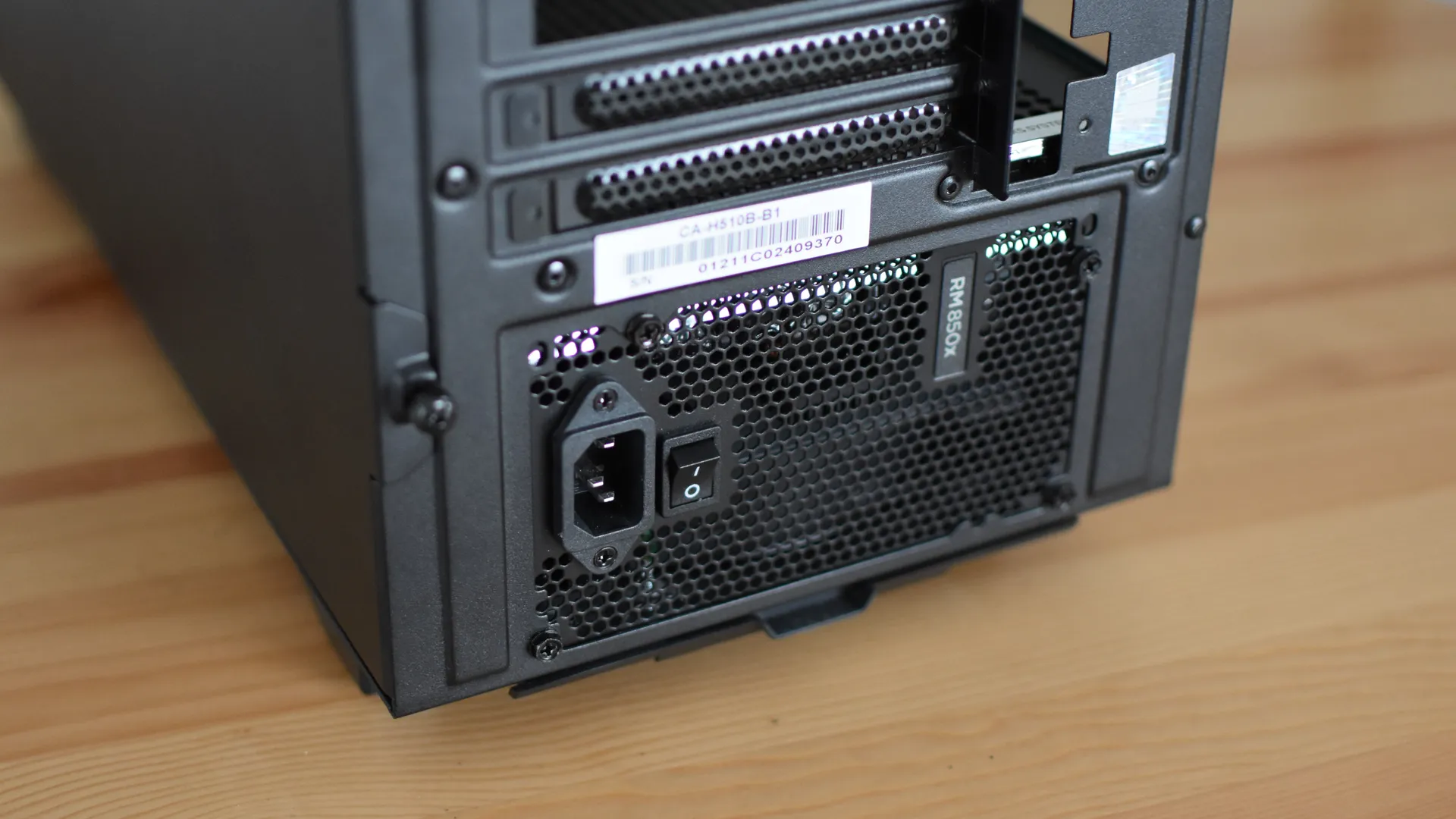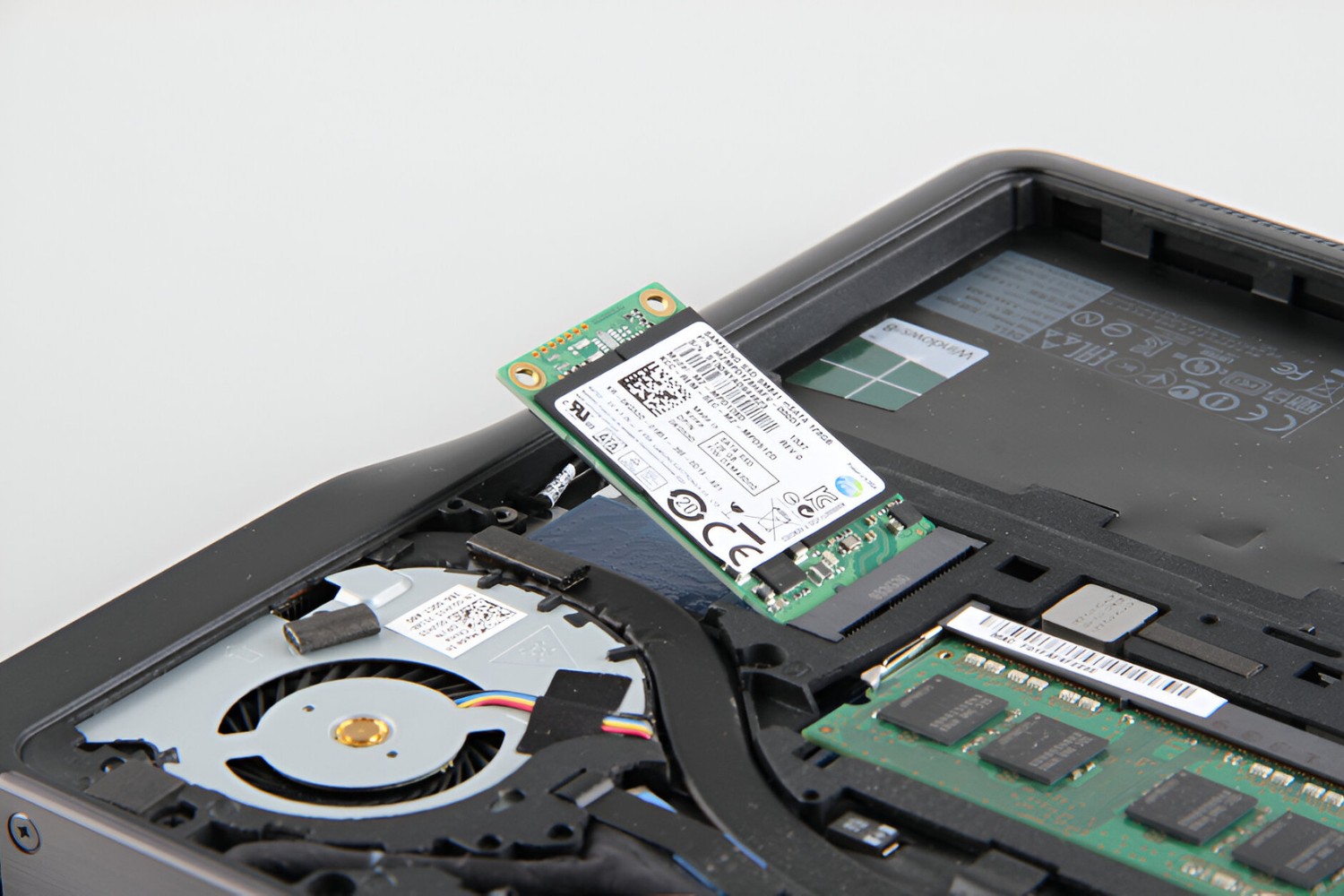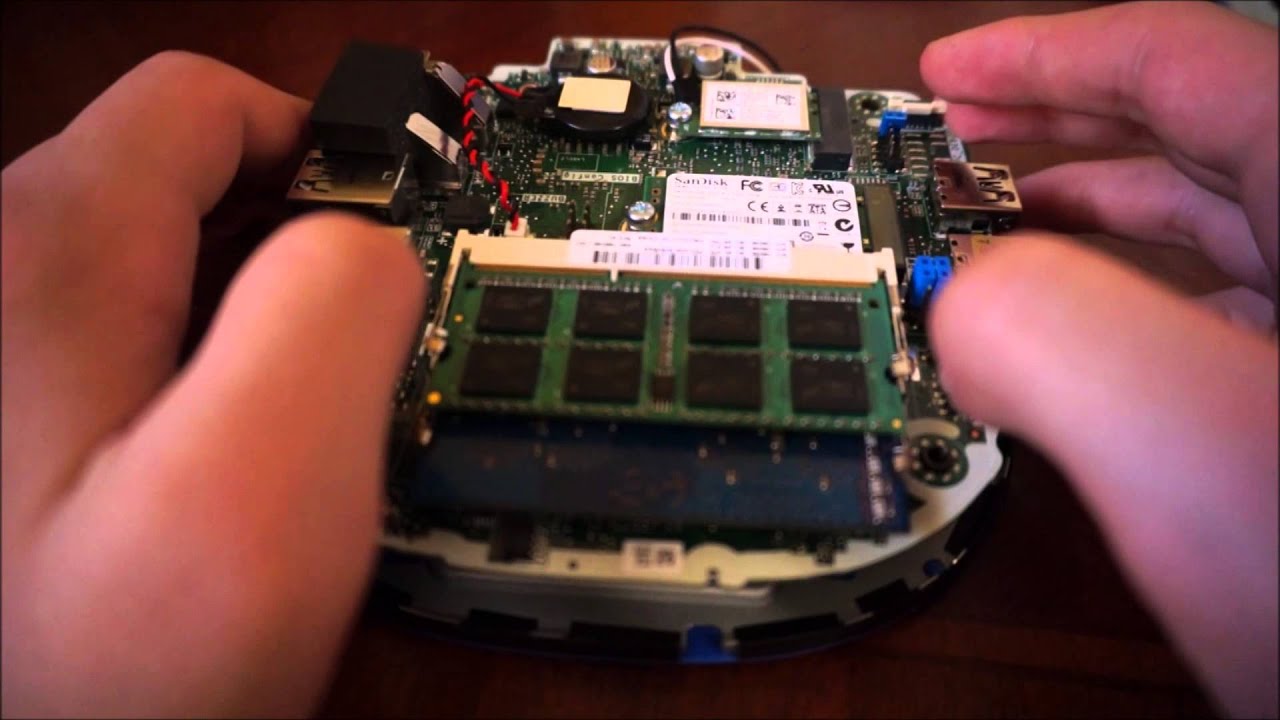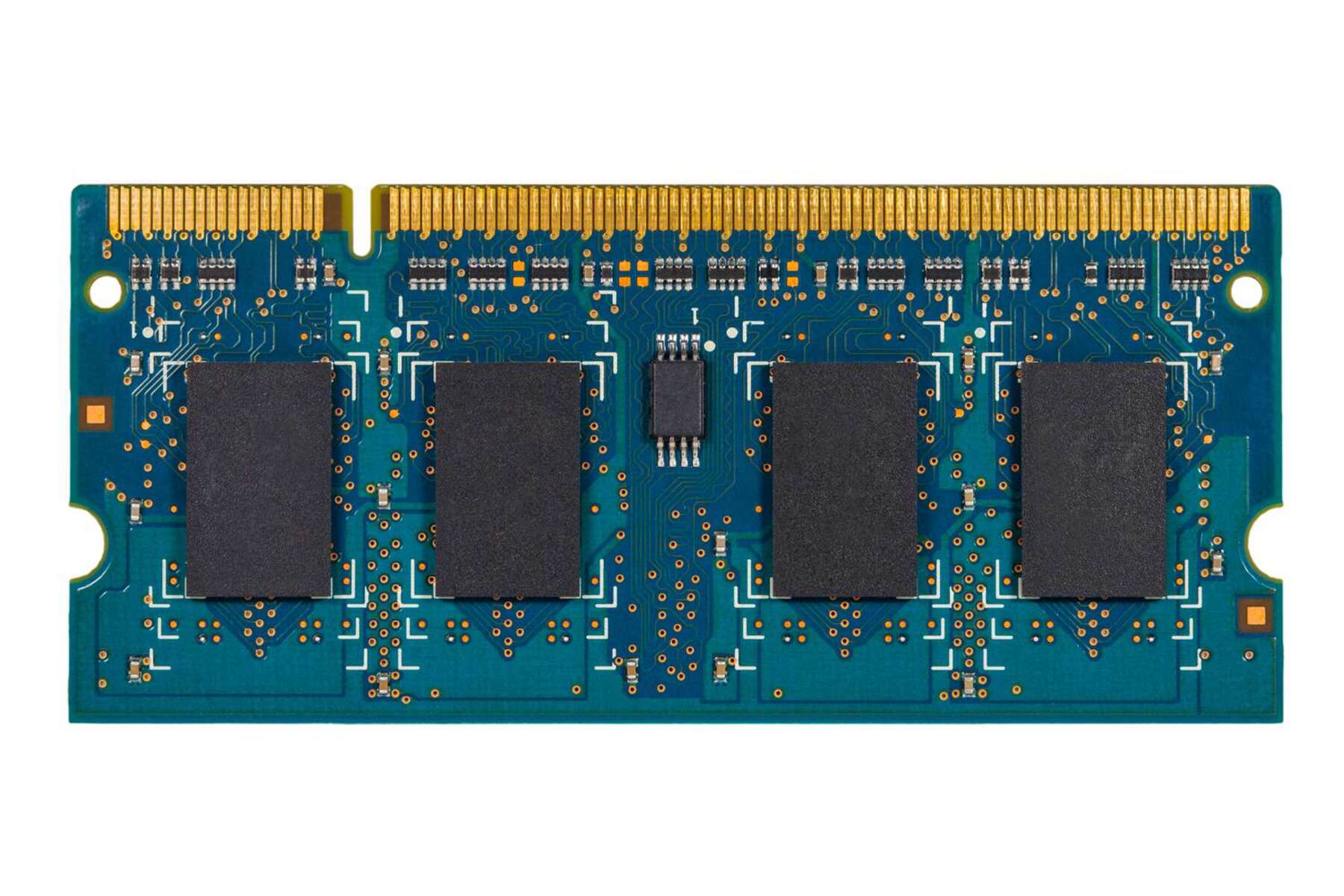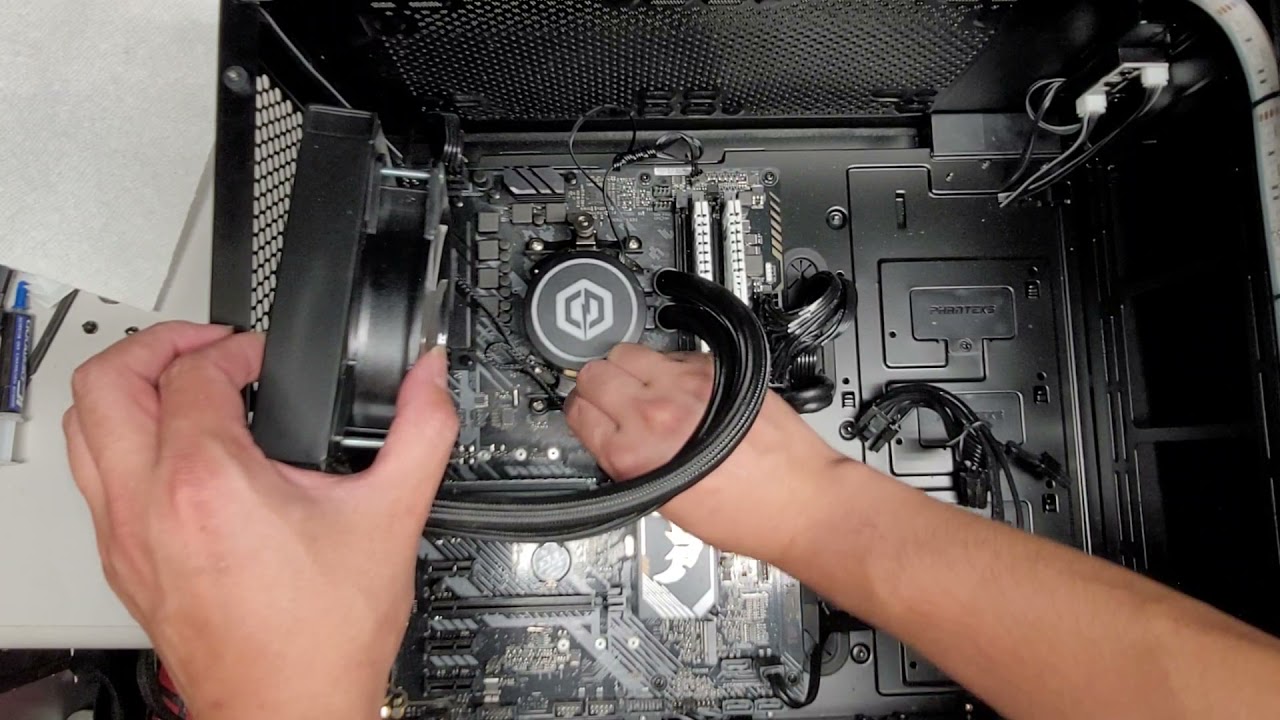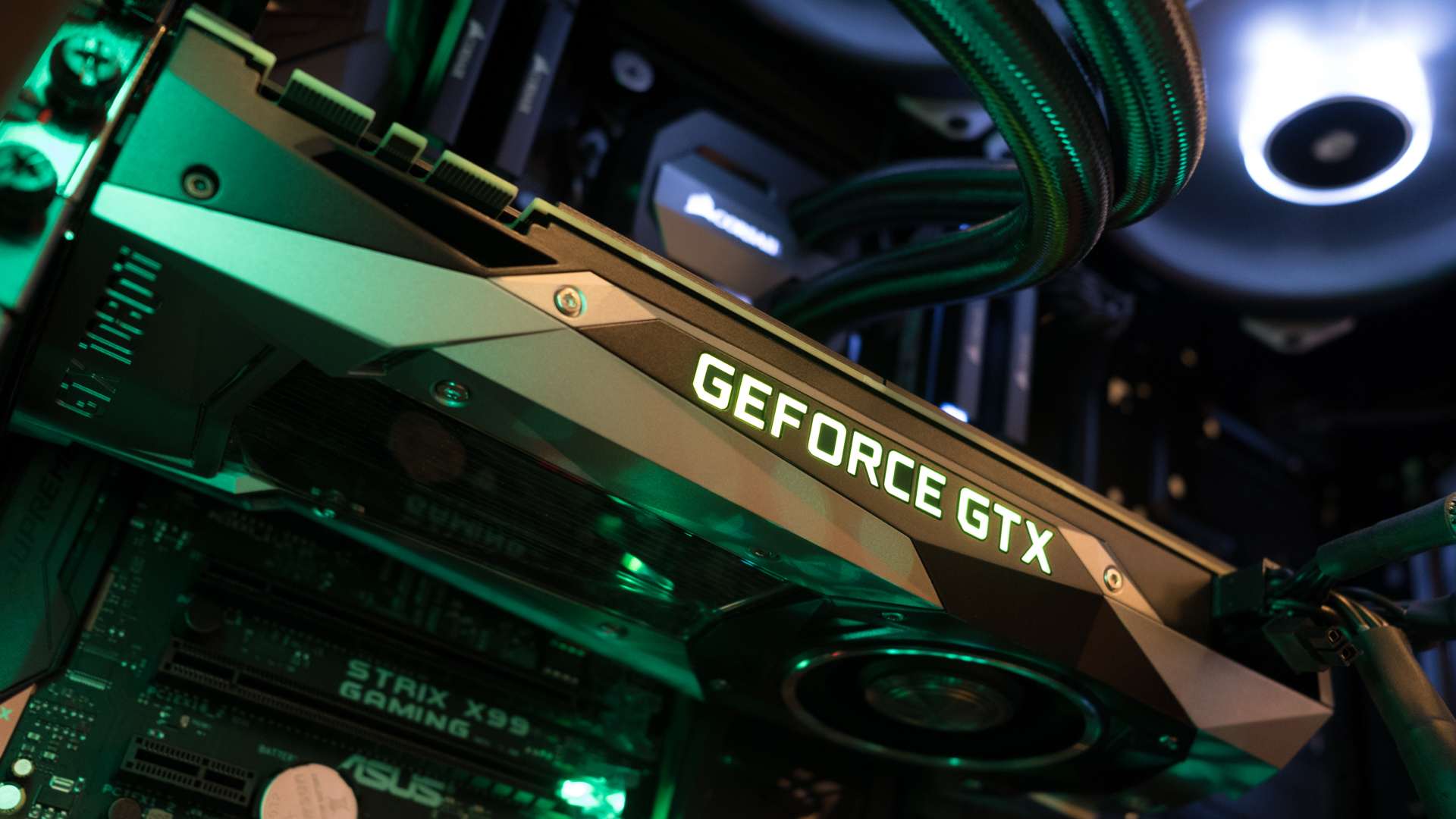Introduction
Have you recently upgraded to a new computer and now have an old PC collecting dust in the corner? Don’t let it go to waste! There are several great options for what to do with your old PC that can help you get the most out of its remaining life. Whether you want to upgrade the hardware, repurpose it as a media center, convert it into a home server, donate it to charity, or recycle it responsibly, there’s a solution for you.
Many people overlook the potential of their old PCs, believing that they have no use once they become outdated. However, with a little creativity and resourcefulness, you can unlock the hidden potential of your old PC and make it useful once again.
In this article, we will explore multiple options for making the most of your old PC. Whether you’re looking to maximize its performance, repurpose it for entertainment purposes, or support a charitable cause, read on to find out how you can breathe new life into your old computer.
So, without further ado, let’s delve into the different possibilities and discover how you can give your old PC a new lease on life!
Upgrade Hardware
If your old PC is still in decent working condition but struggles to keep up with the latest software and applications, upgrading its hardware can significantly improve its performance. Instead of investing in an entirely new computer, consider these hardware upgrades:
- Memory (RAM): Upgrading the RAM can greatly enhance your computer’s speed and multitasking capabilities. Check your PC’s specifications to determine the maximum amount of RAM it can support and consider increasing it to its maximum capacity.
- Storage (Hard Drive or SSD): Swapping out your old hard drive for a faster solid-state drive (SSD) or increasing the storage capacity can drastically improve your PC’s boot time and overall responsiveness.
- Graphics Card: If you’re an avid gamer or work with graphics-intensive applications, upgrading your graphics card can greatly enhance your PC’s graphical performance.
- Processor (CPU): Upgrading your CPU can boost your computer’s processing power and enable it to handle more demanding tasks smoothly.
Note that hardware upgrades may require some technical expertise or assistance from a professional. It’s important to ensure compatibility between the new hardware components and your existing PC. Research and consult resources or seek professional advice to ensure a successful upgrade process.
Upgrading the hardware of your old PC can not only breathe new life into it but also potentially extend its lifespan for a few more years. However, keep in mind that there may be limitations to how much you can upgrade certain components, depending on the age and specifications of your PC.
So, evaluate your needs and budget, and consider upgrading the hardware in your old PC before making any drastic decisions. It might be a cost-effective solution to rejuvenate your computer’s performance and allow it to handle the latest software and applications.
Repurpose for a Media Center
If you’re looking for a way to enjoy your favorite movies, shows, and music without investing in a dedicated media streaming device, repurposing your old PC as a media center can be an excellent option. Here’s how:
Software: Install a media center software such as Kodi, Plex, or Emby on your old PC. These applications offer a user-friendly interface for organizing and streaming media content from various sources.
Connectivity: Connect your old PC to your TV or home theater system using an HDMI cable or other suitable connection. This enables you to enjoy your media content on a larger screen with better audio quality.
Storage: If your old PC has a sizable hard drive, you can store your media library directly on it. Alternatively, you can connect external hard drives or network-attached storage (NAS) devices to expand your storage capacity.
Remote Control: To enhance the user experience, consider using a wireless keyboard, mouse, or remote control specifically designed for media centers. These devices allow you to navigate through your media library and control playback comfortably from your couch.
Streaming: If your old PC is connected to the internet, you can also take advantage of various streaming services like Netflix, Hulu, or YouTube, turning your media center into a one-stop hub for all your entertainment needs.
Repurposing your old PC as a media center not only saves you money but also offers flexibility and customization options that may not be available with dedicated streaming devices. You can organize and stream your media collection, customize the interface, and even install additional apps and plugins to expand its functionality.
So, instead of letting your old PC gather dust, transform it into a powerful media center that provides endless entertainment possibilities right in your living room.
Convert to a Home Server
If you have multiple devices in your home and want to centralize your data storage, hosting your own home server can be a practical and cost-effective solution. Repurposing your old PC as a home server offers various benefits:
File Storage and Sharing: Set up your old PC as a file server to store and share files across your network. You can access your important documents, photos, videos, and other files from any device connected to your home network.
Media Streaming: Similar to a media center, you can use your home server to stream media files to devices such as smart TVs, game consoles, or smartphones. This allows you to enjoy your content anywhere in your home without relying on third-party services.
Backup Solution: Use your old PC as a central backup system for all your devices. Schedule regular backups to safeguard your important data and provide an added layer of protection against data loss.
Remote Access: With the right configurations in place, you can access your home server remotely. This comes in handy when you need to retrieve a file or access your media library while away from home.
Home Automation: Take your home server to the next level by integrating it with home automation systems. This allows you to control smart devices, set up home security systems, or even monitor energy usage from a single interface.
Converting your old PC into a home server requires some technical knowledge and setup. You may need to install and configure server software like FreeNAS, OpenMediaVault, or Windows Server, depending on your needs and preferences.
Additionally, ensure that your old PC has sufficient storage capacity and network connectivity to handle the demands of a home server. Consider adding extra storage drives or connecting external hard drives as required.
By repurposing your old PC as a home server, you not only gain control over your data but also create a versatile platform that can adapt to your future needs and expansions.
So, if you’re looking to centralize your data storage, increase your network’s capabilities, and enhance your home automation possibilities, repurposing your old PC as a home server is an excellent option to explore.
Donate to Charity
Instead of discarding your old PC, consider donating it to a charitable organization that can put it to good use. Many charities and non-profit organizations accept computer donations and distribute them to underserved communities, schools, or individuals in need. Here are a few reasons why donating your old PC is a great choice:
Bridge the Digital Divide: By donating your old PC, you help bridge the digital divide by providing access to technology for those who can’t afford it. This can have a significant impact on their educational and professional opportunities.
Environmental Benefit: Donating your PC reduces electronic waste, preventing harmful substances from being released into the environment. By extending the lifespan of your computer, you contribute to a more sustainable future.
Empower Others: Your old PC can empower individuals and communities by enabling them to develop new skills, access online resources, and expand their knowledge and capabilities.
Eligibility: Research local non-profit organizations, schools, or community centers that accept computer donations. Check their eligibility criteria and ensure that your old PC meets their requirements in terms of hardware specifications and condition.
Data Security: Before donating your PC, it’s crucial to securely wipe all personal data from the hard drive. Use data erasure tools or seek professional assistance to ensure that your personal information remains private.
Tax Deduction: In some cases, you may be eligible to receive a tax deduction for donating your old PC to a registered charity. Keep in mind that tax regulations and benefits vary, so consult with a tax professional or refer to local guidelines for specific information.
By donating your old PC, you help make a positive difference in someone’s life while reducing electronic waste. Ensure that your computer is in good working condition, include any necessary peripherals (such as a keyboard and mouse), and provide any installation software or manuals that may be useful to the recipient.
Reach out to local charitable organizations or visit their websites to find out how you can donate your old PC and make a meaningful impact on someone’s life.
Recycle Responsibly
If your old PC is beyond repair or too outdated to be repurposed, it’s crucial to recycle it responsibly. Electronic waste, or e-waste, can harm the environment if not disposed of properly. Here’s how you can recycle your old PC responsibly:
Local Recycling Programs: Many communities have designated e-waste recycling programs or drop-off locations where you can safely dispose of your old PC. Research local recycling facilities or contact your municipal waste management department to find out about available options.
Manufacturer Take-Back Programs: Some computer manufacturers offer take-back programs where you can return your old device for responsible recycling. Check with the manufacturer of your PC to see if they have such a program in place.
EPA-Certified E-Waste Recyclers: Look for e-waste recycling centers that are certified by the Environmental Protection Agency (EPA) or other recognized organizations. These recyclers adhere to strict environmental and safety standards, ensuring that your old PC is disposed of in an environmentally friendly manner.
Data Destruction: Before recycling your PC, ensure that all personal data is securely erased from the hard drive. Use data wiping software, perform a factory reset, or physically remove and destroy the hard drive to protect your information.
Component Separation: Proper recycling involves the separation of various components of the PC, such as the plastic casing, circuit boards, metal components, and cables. This allows for the recovery and recycling of valuable materials while minimizing environmental impact.
Educate Others: Raise awareness about responsible e-waste recycling among your family, friends, and community. Encourage them to recycle their old electronics properly and share information about local recycling options.
Remember, recycling your old PC is not only the responsible thing to do but also helps conserve valuable resources and prevents hazardous materials from ending up in landfills or being improperly disposed of. By taking the extra step to recycle responsibly, you contribute to a greener and more sustainable future.
Dispose of your old PC through proper recycling channels and be an advocate for responsible e-waste recycling in your community.
Conclusion
When it comes to dealing with an old PC, there’s no need to let it gather dust or contribute to electronic waste. By exploring the various options available, you can make the most of your old computer and give it a new purpose. Whether you choose to upgrade its hardware, repurpose it as a media center, convert it into a home server, donate it to charity, or recycle it responsibly, each option has its own benefits.
Upgrading the hardware of your old PC can breathe new life into it, allowing it to keep up with modern software and applications. Repurposing it as a media center can provide you with a convenient and customizable entertainment hub. Transforming it into a home server centralizes your data storage and offers versatility for network expansion. Donating your old PC to charity contributes to bridging the digital divide and empowering individuals in need. And finally, recycling it responsibly ensures the proper disposal of electronic waste and protects the environment.
Consider your own needs, budget, and values when deciding on the best option for your old PC. Evaluate its capabilities and limitations to determine how you can maximize its potential. Remember to securely wipe any personal data before repurposing, donating, or recycling your old PC.
By being mindful of the options available and making a conscious decision, you can make a positive impact and extend the usefulness of your old PC. So, instead of letting it sit unused or adding to the world’s electronic waste problem, take action and give your old PC a new lease on life.







